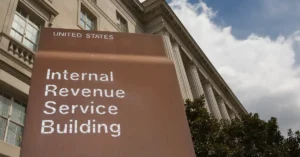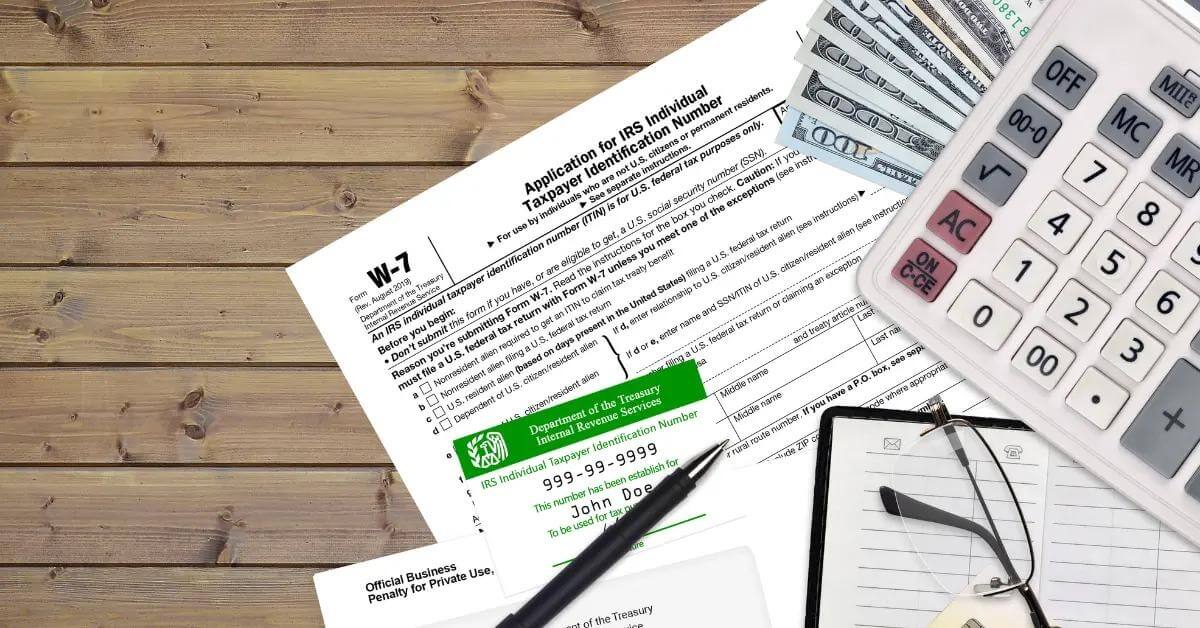When the CARES ACT passed, taxpayers were informed they would be receiving a stimulus payment of up to $1,200 for single filers, $2,400 for joint filers, plus an additional payment for those who had dependent children. This payment was to help mitigate some financial burden families were facing when most businesses in the United States shut down as a result of the COVID-19 pandemic. What was not clear was how these payments would impact future tax filings.
The COVID-19 pandemic impacted everyone in different ways financially. Some families were struggling to make ends meet because one or more people in their household were laid off from their jobs. Other families were forced to make new expenditures in technology because not only were they home-schooling their children, but they were also working from home.
The following are 9 of the most common FAQs referring to stimulus money received under the CARES Act:
Why Did Taxpayers Get a Stimulus Payment?
The Coronavirus Aid, Relief, and Economic Security (CARES) Act was passed in March 2020 and signed into law by President Trump. These payments provided families with additional resources to weather the economic fallout from the pandemic. Since there was no clear timeframe for businesses to reopen after the pandemic, these payments were to provide a lifeline for families to pay rent and meet other financial obligations.

Was Everyone Eligible for the Stimulus Payment?
Not all taxpayers were eligible for CARES Act relief. The maximum payments were available for those households who reported adjusted gross income (AGI) of $75,000 for individuals and up to $150,000 for married couples. Taxpayers who reported more income would see reductions in this amount and those singles earning $99,000 and joint filers earning $198,000. The figures are obtained from the taxpayers AGI from 2019 or 2018.
What About People Who Do Not File Taxes Such as Social Security Recipients?
The CARES Act also allowed recipients of Social Security payments to collect a stimulus payment even though most of this group were not required to file taxes. For those taxpayers, the IRS mailed checks or a debit card rather than directly paying the funds to bank accounts.
What If I Owe the IRS Money: Will I Still Get a Stimulus Payment?
Yes, you will. Even if you are on an installment payment plan with the IRS, or you have other outstanding tax matters, you are still eligible for the stimulus payment. Taxpayers who were eligible for stimulus checks and have not received them should contact a tax attorney for help. A tax attorney can advise you what steps you will have to take to receive the stimulus payment under the CARES act. In some instances, you can claim the payment upon filing your 2020 tax returns.
I am Behind on My Installment Plan Payments With the IRS. Will This Impact the Stimulus?
Taxpayers who owe a debt to the IRS and are eligible for the stimulus check under the CARES Act are eligible to receive a payment. The bill signed into law does not differentiate between a taxpayer who owes money and one who does not owe money. The only information used to determine eligibility was adjusted gross income (AGI).
Will the Stimulus Check Impact My Future Tax Refunds?
The simple answer is no. If you are entitled to a tax refund on your 2020 or 2021 taxes, your entire refund will be sent to you after your taxes are filed. Your refund will not be reduced by any portion of the CARES Act stimulus check. Should your refund
Do I Have to Report the Stimulus Payment on My Taxes?
Most taxpayers will not have to claim the stimulus payments on their taxes. However, there may be some who have received the stimulus payment based on their 2019 or 2018 adjusted gross income who may have to claim it. The exception will be those who made over the limits stated in the eligibility criteria during 2020 may have to claim the payment on their 2020 tax filing which will be due in 2021.

Should you discover your income in 2020 is much higher in 2019 or 2018, you should consult with an IRS attorney before filing your taxes to see what advice they can offer. Remember, there are constant updates being made to the information the IRS has been putting out regarding the stimulus payment.
Would I Have to Claim the Stimulus Money If My AGI Is Higher Than in 2018 or 2019?
The stimulus payments were based on AGI for the tax year 2020 although they were calculated based on AGI in 2018 or 2019. Therefore, if you had a substantial increase of income during 2020, you may have exceeded the income threshold. In this case, you may be required to pay back a portion of, or all of the stimulus payment you received from the CARES Act. However, this is not a certainty since no one at this time has any clear guidance on this matter.
What Else Should I Know About the Stimulus Payments?
It is important to note some tax policy experts believe that if you were given the payment and your AGI is higher than what was allowed under the CARES Act then you would not have to repay these taxes. For those taxpayers who find themselves in this situation, it is a good idea to speak with a tax attorney to make sure you have a clear understanding of your obligations under the IRS rules.
As with so many issues pertaining to taxes, the stimulus payments have been the subject of numerous unfounded tax myths and misinformation. Rather than take a chance the information you are getting is not accurate, speak with someone who has a strong tax background and who can decipher the IRS rules which pertain to the stimulus payments.
Contact the Professionals
If you have questions or concerns about your taxes, stimulus payments, or if you are facing an IRS audit, you should consider contacting Silver Tax Group and speaking with a qualified tax attorney before making any decisions. Thanks to their depth of knowledge and years of experience, you can count on them to offer you the right information when you most need it.








